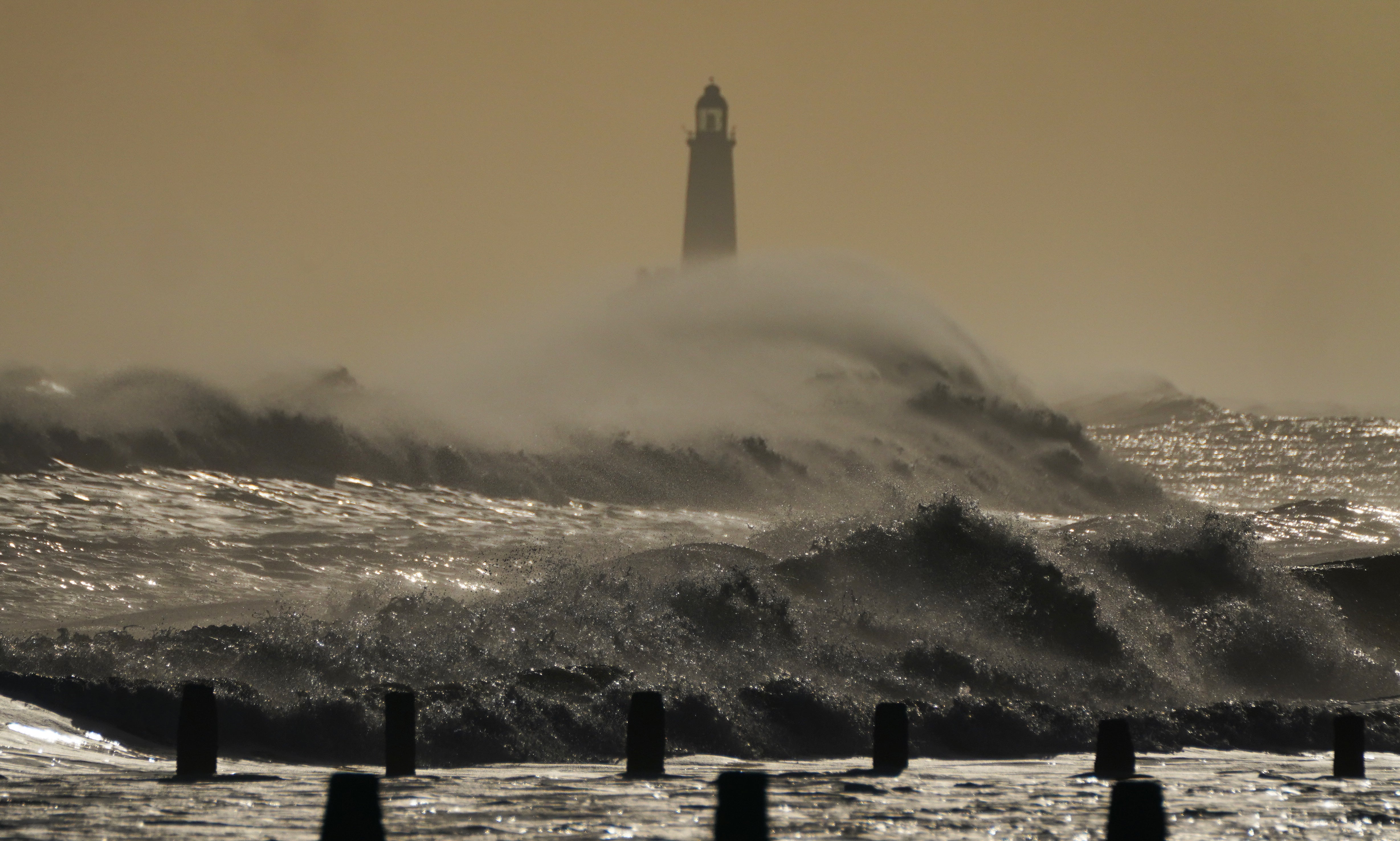Successive storms could leave some Scots without electricity for days
Power firm SSEN said it could be Wednesday before it restored supply to all affected premises.

Your support helps us to tell the story
From reproductive rights to climate change to Big Tech, The Independent is on the ground when the story is developing. Whether it's investigating the financials of Elon Musk's pro-Trump PAC or producing our latest documentary, 'The A Word', which shines a light on the American women fighting for reproductive rights, we know how important it is to parse out the facts from the messaging.
At such a critical moment in US history, we need reporters on the ground. Your donation allows us to keep sending journalists to speak to both sides of the story.
The Independent is trusted by Americans across the entire political spectrum. And unlike many other quality news outlets, we choose not to lock Americans out of our reporting and analysis with paywalls. We believe quality journalism should be available to everyone, paid for by those who can afford it.
Your support makes all the difference.About 40,000 properties were left without electricity on Monday morning after two storms battered Scotland in quick succession – with electricity bosses warning it could be Wednesday before they are able to restore supply to all those affected.
Scottish and Southern Electricity Networks (SSEN) remained on “red alert status” in the north of Scotland area, as teams tried to deal with the aftermath of the damage caused by Storm Malik and Storm Corrie.
Storm Corrie hit the country on Sunday evening, with wind speeds of more than 90mph recorded in places, including a gust of 92mph at Inverbervie, Aberdeenshire – higher than the speeds recorded when Storm Arwen caused damage last year, or when Storm Malik hit on Saturday.
SSEN said its initial assessments showed about 38,000 customers had their supply disrupted because of Storm Corrie, although it said it had restored power to more than 4,000 customers, with some 33,000 still left without electricity.
Meanwhile, it said there were still about 7,000 people without supply after Storm Malik – although power had been successfully restored to about 68,000 customers.
A nine-year-old boy in Staffordshire and a 60-year-old woman in Aberdeen died after the strong winds tore down trees on Saturday.
Some schools in Aberdeenshire were either closed, or delayed opening on Monday, because of the disruption.
Richard Gough, director of distribution system operations at SSEN, said Storm Corrie hitting on Sunday evening through to Monday morning had “compounded” the challenge they faced.
Our teams are doing all they can to restore power as quickly as possible, where it is safe to do so
He said: “Our teams have continued to make strong progress restoring power to customers impacted by the extreme weather from Storm Malik, with over 90% of those customers restored.
“Whilst our teams are making every effort to restore customers as soon as possible, the cumulative impact of Storms Malik and Corrie has compounded the restoration challenge.
“As a result, we are advising customers that while expected restoration of customer supplies from Storm Malik remains Tuesday evening, restoration times for some of those impacted by Storm Corrie may now extend to Wednesday.”
Mr Gough apologised to those affected, stressing that “all available resources have been deployed to support with restoration efforts”.
He insisted: “Our teams are doing all they can to restore power as quickly as possible, where it is safe to do so.”
SSEN teams have been out since first light to try to assess the damage and restore power as quickly as possible.
The main areas which continue to be affected are rural Aberdeenshire and the Angus border, with customers also off supply in Perthshire, the Highlands, Western Isles and the Moray coast, the utility provider added.
While people are without electricity, SSEN has put in place a range of welfare and support facilities.
Deputy First Minister, John Swinney told BBC Radio Scotland’s Good Morning Scotland programme there had been “a much stronger join-up between the power companies and the local resilience partnerships over the course of the weekend”.
Mr Swinney stated: “There has been, and continues to be, an extensive network of various centres and catering facilities available for people around about the communities that are affected by the loss of power, and individual contacts by the power companies with individuals.”